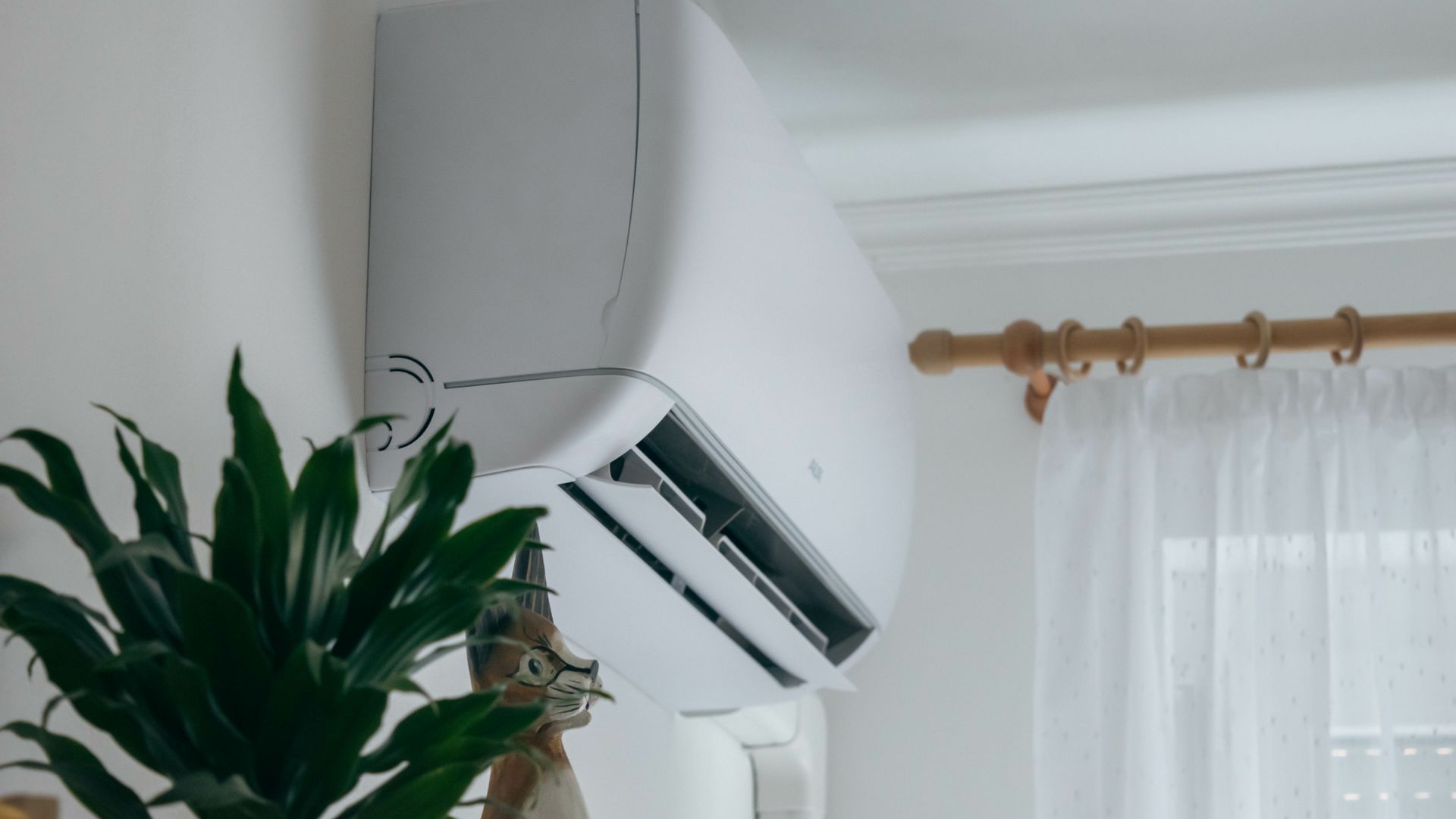Wondering why your energy bills seem so expensive lately? Below, we’ll explain some common causes behind astronomical energy bills and provide suggestions for solving these issues.
1. Your doors and windows have air leaks.
Tiny gaps can form around the edges of windows and doors, especially as homes age. This allows heat to creep into your home during summer and escape your home during winter. As a result, your home’s heating and cooling (HVAC) system will need to work harder and, therefore, use more energy to keep your home comfortable.
To seal gaps around a door, apply weatherstripping around the top and sides of the door, and install a sweep along the door’s bottom. You can air-seal your home’s windows by using a combination of caulk and weatherstripping.
2. Your attic needs improved insulation.
The insulation in your home’s attic has a significant impact on your home’s temperature because it helps regulate how heat moves. The thing to remember about heat is that it will always flow toward where there’s less heat. This means that during summer, heat from the outdoors is constantly trying to get inside your home. Likewise, during winter, the cozy warmth inside your home is trying to spread outdoors, where there’s a lack of heat.
Insulation acts as a barrier that stops heat from moving. During summer, it keeps outdoor heat out, and during winter, it keeps indoor heat in. Many homes can benefit from improved insulation for multiple reasons, such as:
- The current insulation has “settled” and doesn’t work as effectively as it once did.
- The original homebuilder installed cheap, less efficient insulation to cut costs.
- Water, mold, or pests have damaged the current insulation.
By updating attic insulation, your HVAC system won’t need to work as hard to keep your home comfortable. That will result in substantial savings on your monthly energy bills.
3. Your HVAC system is overdue for maintenance or a replacement.
Even top quality air conditioners and heaters need tune-ups to perform at their best. As with any motorized machinery, the longer your HVAC system runs without maintenance, the more parts will lose lubrication, loosen, fall out of alignment, and get dirty. Each of these “small” problems reduces your system’s efficiency and can lead to part failures if neglected for long enough.
The Department of Energy recommends annual maintenance for both your air conditioner and your heater. Generally, it’s best to tune up the system right before it’s going to be used a lot, so you should tune up your heater in the fall and your AC in the spring.
Eventually, even with routine maintenance, your HVAC system will lose efficiency as it reaches the end of its lifespan. In fact, one of the biggest signs that your system needs a replacement are unusually high energy bills. The good news is that by upgrading your system, you can start saving money on energy bills immediately. According to the Department of Energy, replacing an air conditioner that’s 10 years or older can save you 20 to 40 percent of your cooling costs!
4. Your air conditioner is the wrong size.
Even when your air conditioner is the correct size for your home, it will require much more energy than your other systems and appliances to perform its job. That being said, if your AC is the wrong size, its energy use is going to be through the roof.
Air conditioners that are “too big” for the home they need to cool do something called short-cycling. When an air conditioner short-cycles, it turns on frequently throughout the day and runs for extremely short cycles before shutting off. The equipment cools down certain areas of your home extremely quickly, but it never has the chance to cool your whole home evenly. At the same time, that frequent starting up requires a lot of excess energy.
Air conditioners that are “too small” need to constantly run for long cycles to cool the space they’re in. These air conditioners end up running a lot more and for a lot longer than they should have to, resulting in high energy use.
To solve this problem, work with a trusted HVAC contractor to find a correctly-sized replacement. If possible, install an air conditioner that’s compatible with a zoning system, so that you can save even more money on your energy bills by only sending cool air to the parts of your home that need it.
5. You’re giving your air conditioner extra work.
Sometimes the “small” things are what add up to higher energy bills. These are some common behaviors that add heat to homes and result in higher cooling costs:
- Leaving windows and doors open on hot days
- Forgetting to close window treatments on sun-facing windows
- Running heat-generating appliances during the hottest hours of the day
- Relying solely on the AC, rather than using electric fans to help out
- Turning the AC off completely when away from home, instead of turning up the thermostat to 78 degrees or higher
By breaking these habits, you can start to shave down your home’s cooling costs in just one weekend!
Trust your heating and cooling needs to the experts at Jackson Plumbing, Heating & Cooling! Call us at (256) 304-8883 today to schedule your service.

